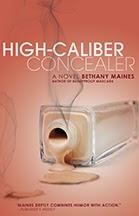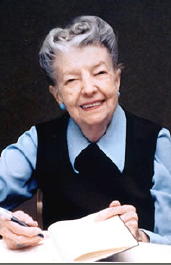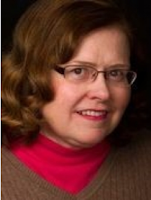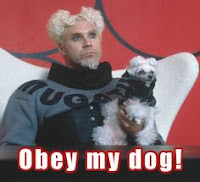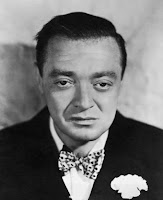It’s about the Journey
Recently, I visited The Girl with Book Lungs and told her about the detours I take when writing a book. They are many–just today they included seventies bands, Pet Rocks and a trip back to a previous book because I’d forgotten Mother’s housekeeper’s name.
When I was a child, every August my parents would pile my sister and me into the back of the station wagon and drive to Colorado.
Our family trips usually involved leaving Kansas City at an unholy hour, with us children still asleep and tucked in amongst the suitcases.
If—if—my parents were lucky, they got several hours of driving in before we woke. It was then, the sun behind us in the east, the questions began.
“When will we be there?”
“When can we stop for a bathroom break?” (If my father was driving, the answer was when the needle on the fuel gauge hovered above E).
“I’m thirsty. When can we stop for a drink?” Not a chance. Drinks were too closely related to bathroom breaks.
Such were the distractions that began a quarter of the way to our destination.
If you have not driven I-70 across the state of Kansas, you have missed 424 miles of big skies and wheat fields. You have also missed a giant ball of twine. And, at least when I was a child, the world’s largest prairie dog. I never saw the twine or the prairie dog; my father wouldn’t pull over.
Goodland, Kansas, was our stopping point. We always stayed in a little motel with a little pool in the middle of a barren parking lot. Jumping into that pool was heaven after a stifling day in the car. We’d passed the halfway point. From that point on, things would change (rather like the halfway point of a book).
The next morning we’d load into the car and cross the state line into Colorado. So began the scanning of the horizon. Where were the mountains? Who would be the first to see them? They appeared, a distant promise of hiking and horses and the scent of pine.
Then came Denver with its traffic and billboards and a radio station that played decent music. I remember spotting a woman in a red convertible, her head wrapped in flowing scarf á la Grace Kelly. She sped down the highway, racing a rain cloud, the most sophisticated, mysterious woman I’d ever seen.
We climbed into the mountains, so close we could taste our impending fun in the thinner air.
Finally, we reached our destination. My mother unpacked. My father fixed cocktails. My sister and I, freed from the car, claimed our beds and scampered around the cabin.
I write like a road trip. I know where I’ve started and, in general, where I’m going, but, unlike my father, I’m willing to take a detour, see the prairie dog, and check out the dragon made of farm equipment. I’m also willing to make frequent stops. You never know what you’ll find in those marts that line the highway—homemade fudge, mood rings, local art…
When I’m writing a mystery in the Country Club Murders, those detours have included researching make-up colors popular in 1974, the Kansas City Museum (field trip!) and Thea Porter caftans.
If I knew every inch of the journey, I’d be too bored to write. The magic is in the discovery.
As for mechanics, I write at my kitchen table. Early. The dog, the children and the husband sleep for hours after I rise. I am fueled by coffee. I print pages, carry them with me, and write long-hand in the margins at Chipotle for lunch, when I’m waiting to meet someone for coffee, or while the oil is being changed… Each Thursday I send my pages, hopefully at least twenty, to my intrepid critique partners. A little bragging here—my partners are so good that, aside from a few minor changes, my first draft is the draft I send to the gang at Henery Press.
The next time you’re up before five, think of me. I’m probably at my kitchen table, writing words I’ll change on my lunch break. That or I’m admiring a prairie dog.
Julie Mulhern is a Kansas City native who grew up on a steady diet of Agatha Christie. She spends her spare time whipping up gourmet meals for her family, working out at the gym and finding new ways to keep her house spotlessly clean–and she’s got an active imagination. Truth is–she’s an expert at calling for take-out, she grumbles about walking the dog and the dust bunnies under the bed have grown into dust lions.
Her first romance was a finalist in the 2014 Golden Heart® contest. That book, A Haunting Desire, released July 28, 2015.
Julie also writes mysteries. The Deep End (available now) is her first mystery and is the winner of The Sheila Award. Look for book two, Guaranteed to Bleed, October 13, 2015.





